If the police suspect that you committed a crime and have arrested you, then they might aim to get all possible information from you without your attorney present despite telling you that you have the right to remain silent and the right to have your attorney present when police question you. The police might insist that you sign something which waives those rights.
You might be led to believe that the worst is coming for you if you don’t comply. But if you fall for the police’s tactics, then you might incriminate yourself. For this reason, you should take advantage of your rights to avoid hurting your case. Here’s more on Miranda rights and what you could do if you feel that your rights have been violated.
What Are Miranda Warnings?
If you are in police custody and about to be interrogated, then the police have to provide you with a Miranda warning such as the following:
“You have the right to remain silent. Anything that you say can be used against you in a court of law. You have the right to have your lawyer present for questioning. If you cannot afford a lawyer, then one will be appointed for you to represent you before and during questioning.”
Remember that a Miranda warning applies when you are in police custody and about to be interrogated. If you are detained or arrested, then the police have you in their custody as you are not free to leave. An interrogation is where the police ask you certain questions to gather information that may very well be used against you in a criminal proceeding. Specifically, the police will provide your statement to the prosecutor who is a government lawyer that might charge you with one or more offenses and attempt to persuade a jury or judge that you are guilty beyond a reasonable doubt.
If the police fail to provide you a Miranda warning, and you make a statement that incriminates you, then the police have possibly violated your rights under the Fifth and Sixth Amendments to the United States Constitution. In that situation, the prosecutor generally cannot make use of your statement in trial as evidence of your guilt.
Notably, the Fifth Amendment protects you against compelled self-incrimination. This includes being forced or coerced by the police into saying something damaging to your case. The Sixth Amendment provides you with the right to consult with your lawyer before answering the police’s questions in an interrogation. It also provides you with the right to have your lawyer present during the police’s interrogation of you.
So, if the police force or coerce you into answering their questions in an interrogation without your lawyer being present, then the prosecutor cannot later use your statement at trial to evidence your guilt. Instead, the evidence should be suppressed. If it is not, then the government potentially violates your Sixth Amendment rights.
When You Assert Your Miranda Rights, The Police Must Back Off
When you assert your Fifth Amendment right to remain silent, then the police must stop interrogating you right away. Generally, they can only resume their interrogation if you waive those rights. When you assert your Sixth Amendment right to counsel, then the police have to stop interrogating you until such time that your lawyer is present.
Alternatively, you might waive your rights verbally or by voluntarily signing a statement confirming that you understand your rights and still wish to speak with the police outside of the presence of your lawyer. However, waiving these rights can be disastrous for your case.
Hiring A Texas Criminal Defense Lawyer To Defend Your Rights
If the police don’t provide you with a Miranda warning before interrogating you, or they obtain a statement from you in violation of your Miranda rights, then your lawyer could contest the prosecutor’s use of that evidence by arguing that your constitutional rights have been violated. In order to do this, your lawyer has to file a written motion (formal request) with the court. This motion must contain a factual and legal basis for suppressing the evidence.
Also, your lawyer will have to support the motion with documentary evidence or affidavits (sworn statements under oath). The court decides whether to allow the evidence. If the court inappropriately permits the evidence, then you could appeal this adverse ruling to the extent that you are negatively affected by it such as being convicted.
Backed by a former judge, Turnbull Legal Group has extensive experience protecting the rights of Texas clients who have been accused of criminal offenses and whose rights have been violated. Turnbull Legal Group attorneys are on your side unlike the police and prosecutor. We will zealously advocate for you in your criminal matter. Call (832) 314-3232 or contact us online today for a free consultation.
Facing a Legal Challenge? We've Got You Covered
From criminal defense to personal injury, we're here to fight for your rights and secure the best possible outcome.




.webp)

